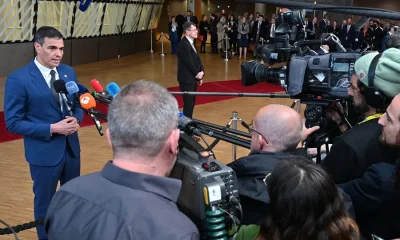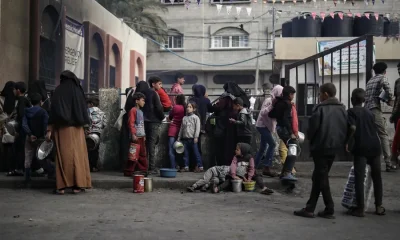International
Palestine’s path to full membership in the UN will be long
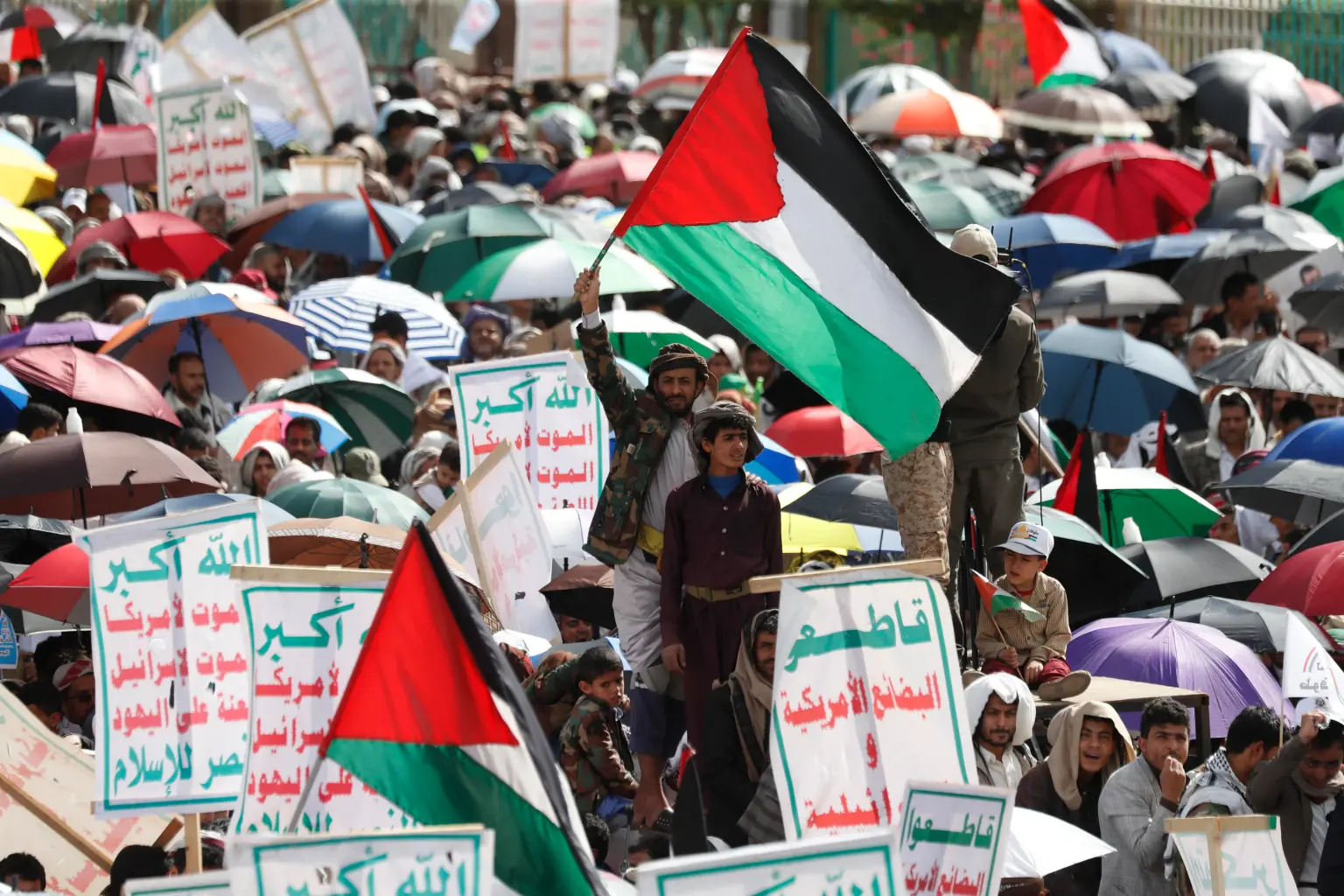
Palestine’s request to become the 194th State of the United Nations could follow the relatively rapid steps of other States that have joined the UN throughout the 21st century, but in its case it faces the probable veto of the United States in the Security Council.
The most recent State to take a seat at the UN as a full member was South Sudan, which in 2011 separated from Sudan after a friendly agreement. His incorporation into the UN was made by acclamation on July 14 of that year, just a week after his declaration of independence.
In 2006, Montenegro, another state that emerged from the dismemberment of the former Yugoslavia, separated after a popular referendum from the last remaining remnant of that federation and proclaimed its independence from Serbia. The referendum took place on June 3 and on the 28th of that same month the state was admitted to the UN.
And 2002 was a very special year because the UN welcomed two members: Switzerland did so in September, thus putting an end to an anomaly that made it welcome numerous international organizations but did not sit at the UN for the sake of a principle of neutrality inscribed in its DNA.
Much more traumatic was the chaos of Timor Leste, which was also admitted in September 2002. The new Asian country, a former Portuguese colony, lived 24 years of occupation and resistance against Indonesia and then almost three years of supervised administration of the UN, but its entry into the United Nations was unanimously approved by the Assembly.
In 2011, Palestine first presented its formal request to enter the United Nations, but the procedure ran aground in its first stage: it did not get the support of 9 of the 15 members of the Security Council (that is, the qualified majority), so that request did not reach the General Assembly, the second stage of the process.
Palestine had to settle for acquiring the status of “observer state,” an anomaly that only the Vatican has in the United Nations, which is not even considered a country with its own attributes.
Palestine obtained 138 votes in the General Assembly in favor of its new observer status, while 9 voted against (including Israel, the United States and Canada) and 41 abstained.
It is foreseeable that Palestine will not have it as easy as South Sudan, Montenegro or Switzerland had, and all observers assume that Washington will use the veto tool in the Security Council, which is the instance where the incorporation process begins and ends.
According to the UN letter, the request for a new State necessarily goes through the following stages: it is formulated before the Security Council, which appoints an ad hoc committee to study it formed by the fifteen members, and if the committee approves it, the Council then assesses whether it is “a peace-loving state” (article 60), in which case it sends the issue to the General Assembly.
In the Assembly, the votes of two-thirds of the Member States are needed to move forward, and if this happens, the final decision returns to the Security Council.
The United States, as a permanent member of the Security Council, has the right to veto the process at any time – in 2011 it threatened to do so, but did not need it – and few doubt that he will also use it on this occasion.
If this happens, the dream of Palestine will have fallen by the wayside.
But something has changed since 2011: now, every time a permanent member uses the right of veto, the question comes to the General Assembly, where that country must explain its position and submit to a non-binding vote.
At the current juncture, the United States will once again be evident in the face of a very large majority of states that are expected to support Palestinian membership.
International
Fire at substation triggers major blackout in San Francisco
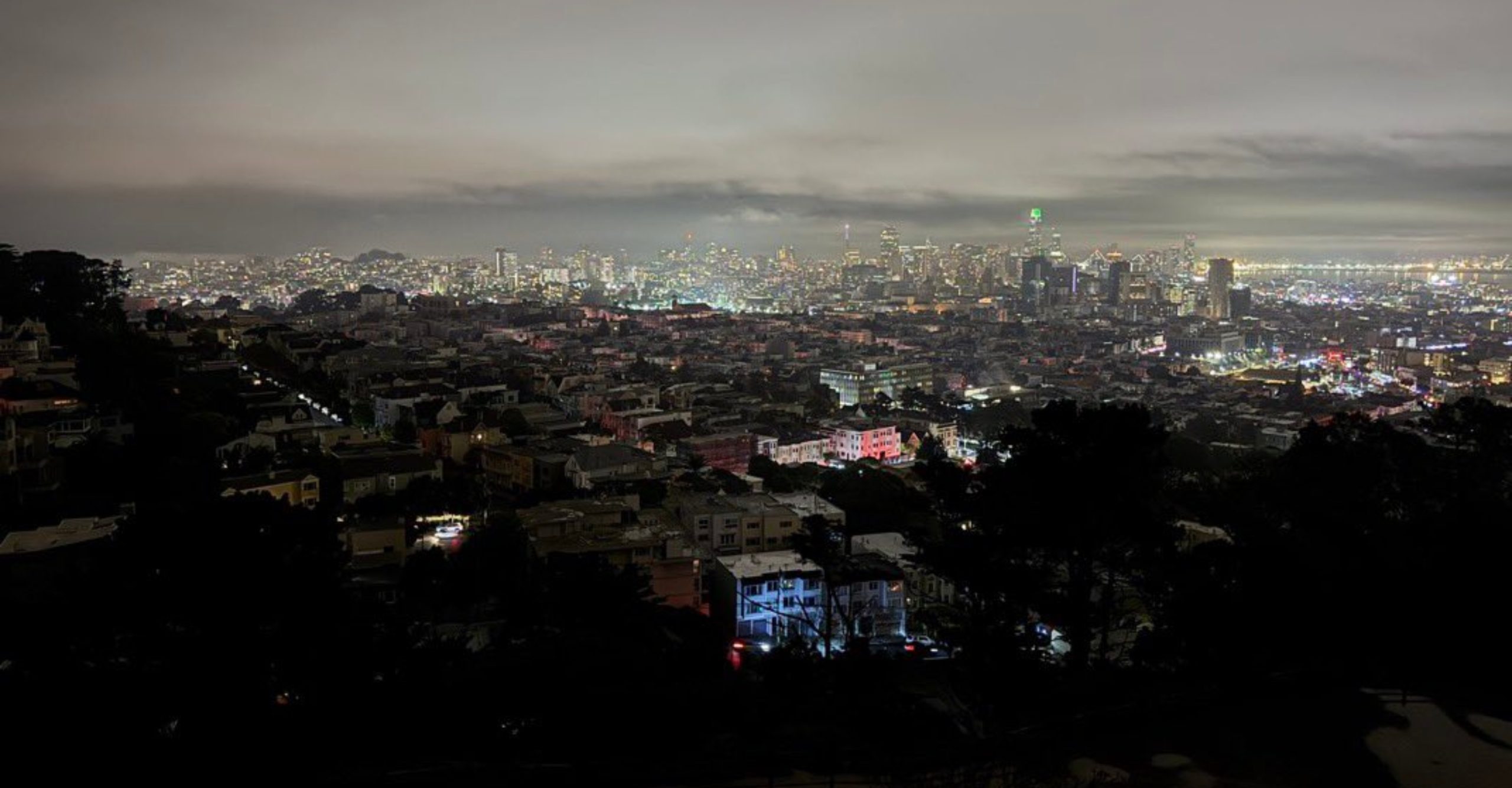
The U.S. city of San Francisco was plunged into darkness Saturday night after a power outage left about 130,000 customers without electricity, although the utility company said service was restored to most users within hours.
Pacific Gas & Electric Company (PG&E) said in a statement posted on X that nearly 90,000 homes had their power restored by 9:00 p.m. local time (05:00 GMT on Sunday), while the remaining 40,000 customers were expected to have service restored overnight.
Large areas of the city, a major technology hub with a population of around 800,000, were affected by the blackout, which disrupted public transportation and left traffic lights out of service during the busy weekend before Christmas, a crucial period for retail businesses.
“I know it’s been a difficult day,” San Francisco Mayor Daniel Lurie said in a video posted on social media from the city’s emergency operations center. “There has been progress, but for those still without power, we want to make sure they are safe and checking in on their neighbors,” he added.
Lurie said police officers and firefighters advised residents to stay home as much as possible. He also noted that officers and traffic inspectors were deployed to manage intersections where traffic lights were not functioning.
The mayor confirmed that the outage was caused by a fire at an electrical substation. Parts of the city were also covered in fog, further complicating conditions during the incident.
As a result of the blackout, many businesses were forced to close despite it being the weekend before Christmas. The sudden drop in shopper traffic ahead of the holiday is “devastating” for retailers, the manager of home goods store Black & Gold told the San Francisco Chronicle.
International
Cristina Kirchner recovering after appendicitis surgery in Buenos Aires

Former Argentine President Cristina Kirchner underwent surgery on Saturday after being diagnosed with appendicitis and is recovering “without complications,” according to a medical report released by the Otamendi Sanatorium.
Kirchner was admitted to the Buenos Aires medical center on Saturday after experiencing abdominal pain. Doctors performed a laparoscopic procedure that confirmed a diagnosis of “appendicitis with localized peritonitis,” the statement said, adding that her post-operative recovery has been progressing without complications.
The former president was transferred to the clinic with judicial authorization from her apartment in Buenos Aires, where she is serving a six-year sentence under house arrest for corruption.
International
Argentina detects first local cases of Influenza A (H3N2) Subclade K

Argentina’s National Administration of Laboratories and Health Institutes (ANLIS) “Dr. Carlos G. Malbrán” has confirmed the detection of three cases of influenza A (H3N2) corresponding to subclade K in the country. These are the first locally recorded cases of this variant, which has become predominant in several countries in the Northern Hemisphere in recent months and is associated with higher transmissibility.
The cases were identified through the National Network of Laboratories and Sentinel Units and confirmed by the National Reference Laboratory of INEI-ANLIS using genomic sequencing techniques. According to health authorities, the cases involve two adolescents from the province of Santa Cruz, detected as part of the Ambulatory Monitoring Strategy for Acute Respiratory Infections, and a child who had been hospitalized in the Autonomous City of Buenos Aires.
In all three cases, patients experienced mild illness and recovered without complications. Officials did not specify whether any of the affected individuals had a recent travel history.
The jurisdictions involved have already launched the corresponding epidemiological investigations and are responsible for ensuring timely medical care for the detected cases. According to the latest integrated surveillance report, the circulation of influenza and other respiratory viruses in Argentina remains within expected levels for this time of year.
-

 International2 days ago
International2 days agoShakira’s El Salvador concerts sell out in hours, fans demand more dates
-

 International2 days ago
International2 days agoPentagon confirms Trump pick for SouthCom as U.S. military pressure grows
-

 International4 days ago
International4 days agoRubio rules out 2028 presidential bid if Vance runs
-

 Central America4 days ago
Central America4 days agoArrests and clashes in Tegucigalpa as vote count continues after Honduras election
-

 International2 days ago
International2 days agoTrump moves to reclassify marijuana as less dangerous substance
-

 International2 days ago
International2 days agoArgentina detects first local cases of Influenza A (H3N2) Subclade K
-
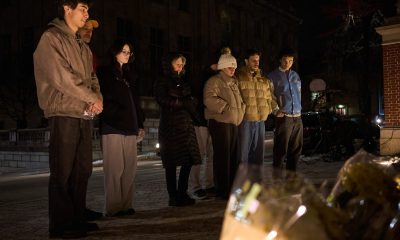
 International4 days ago
International4 days agoAuthorities search for armed and dangerous suspect in fatal Brown University attack
-
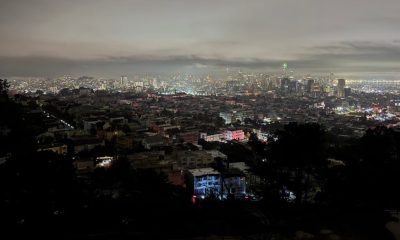
 International15 hours ago
International15 hours agoFire at substation triggers major blackout in San Francisco
-

 International15 hours ago
International15 hours agoCristina Kirchner recovering after appendicitis surgery in Buenos Aires



























